WASHINGTON — A swanky downtown hotel wasn’t going to cut it for the annual girls getaway that Nancy Benco coordinates with her two friends from high school.
Benco, who grew up in Ohio but has lived in D.C. since the 1970s, said her group is one that loves history and adventure. So for this year’s trip, the three friends made overnight accommodations in two historic lockhouses along the C&O Canal, just a few miles outside downtown D.C.
“The birds were singing and the sky at night was fantastic,” Benco said.
“It’s a totally different kind of experience and if you’re interested in the history of the East Coast, this is a good place to come,” Benco said.
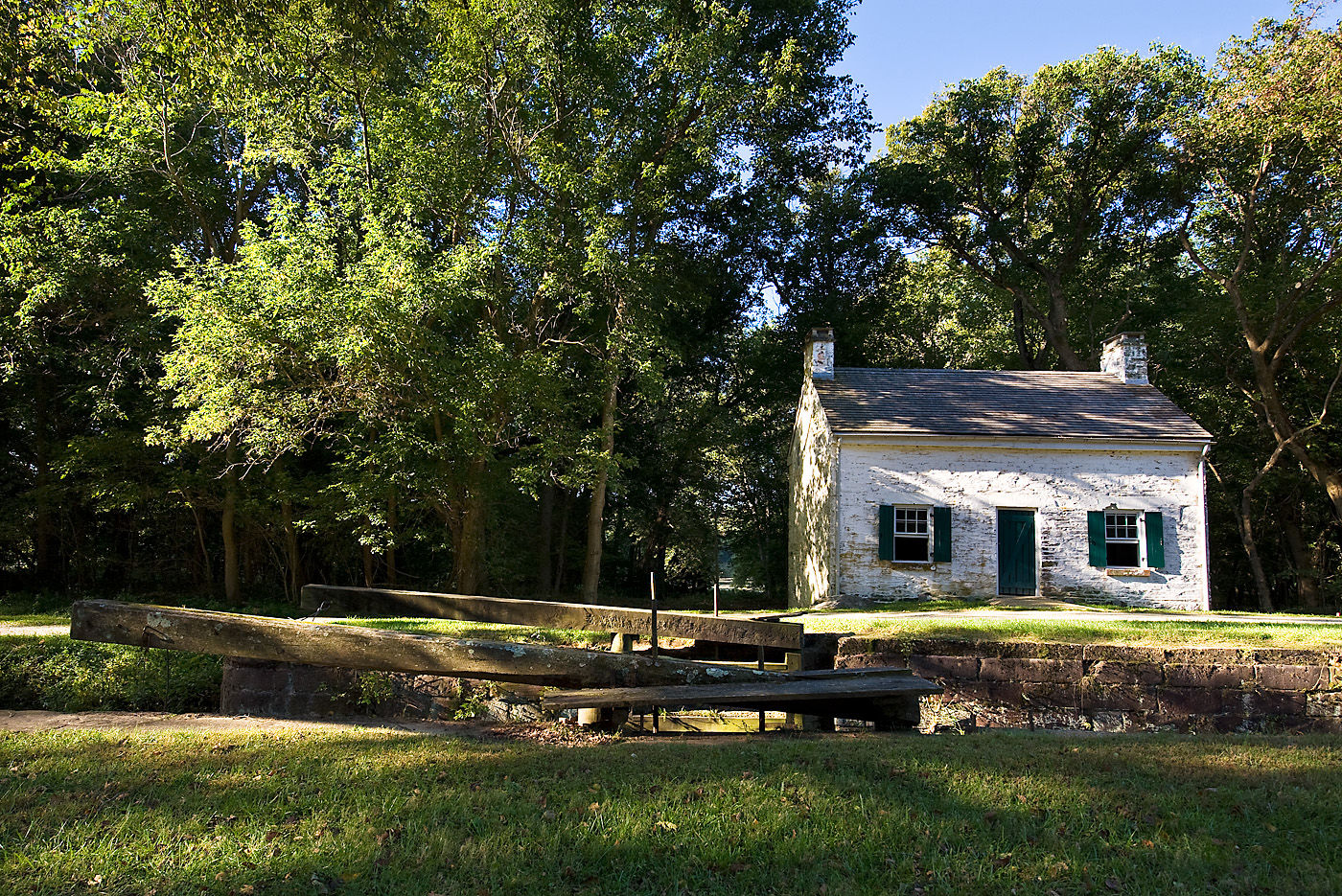
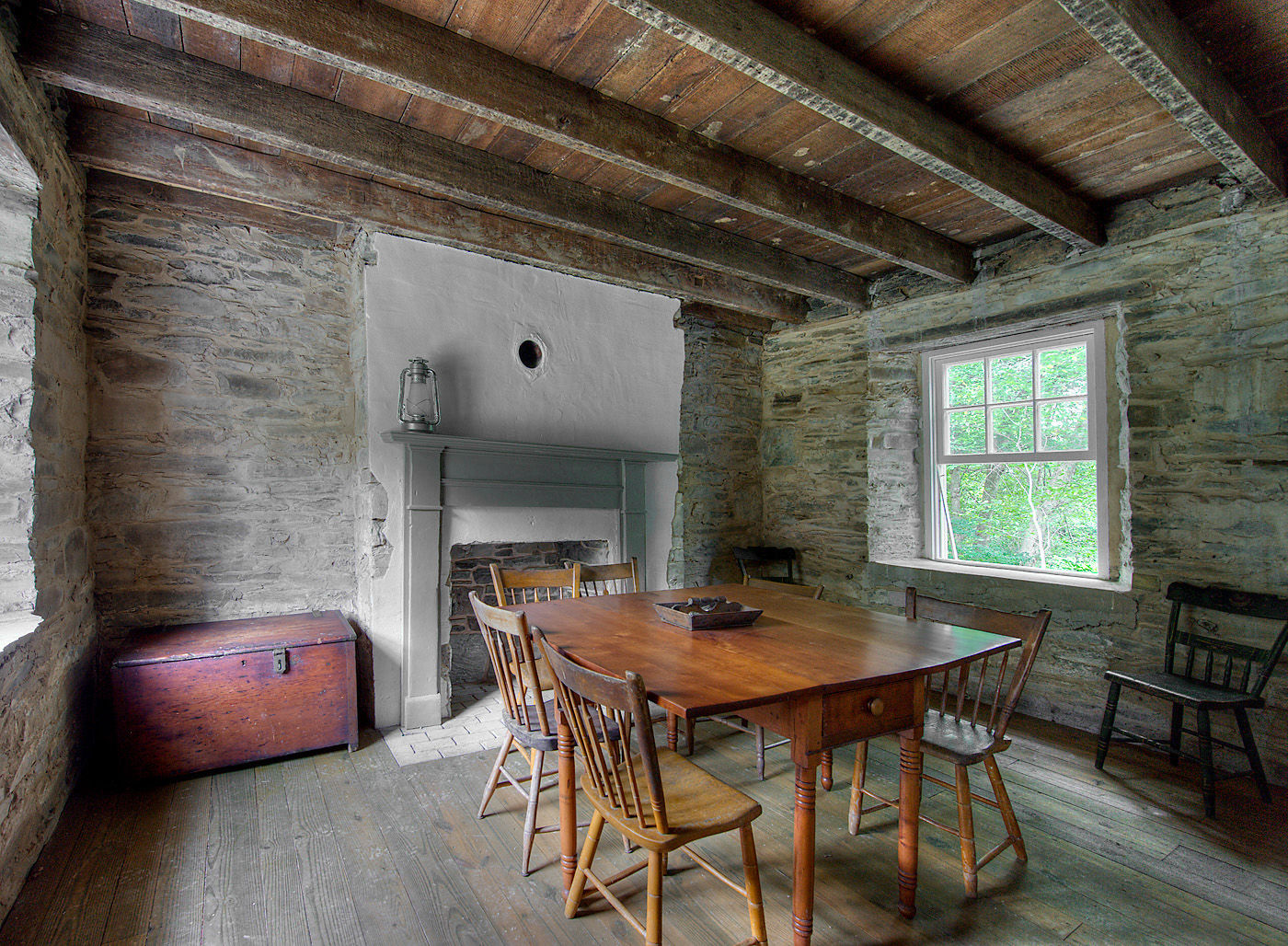
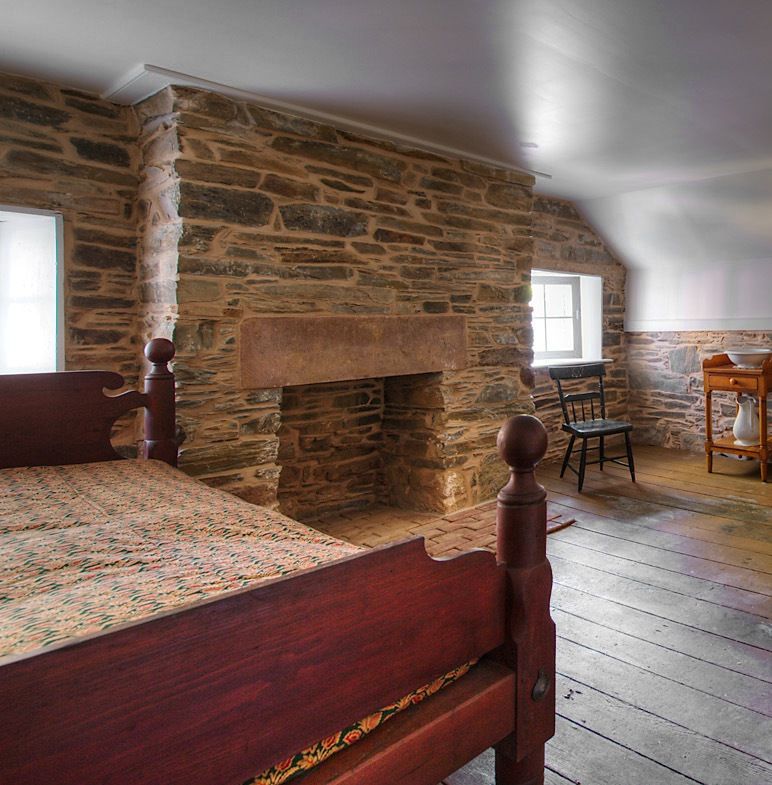
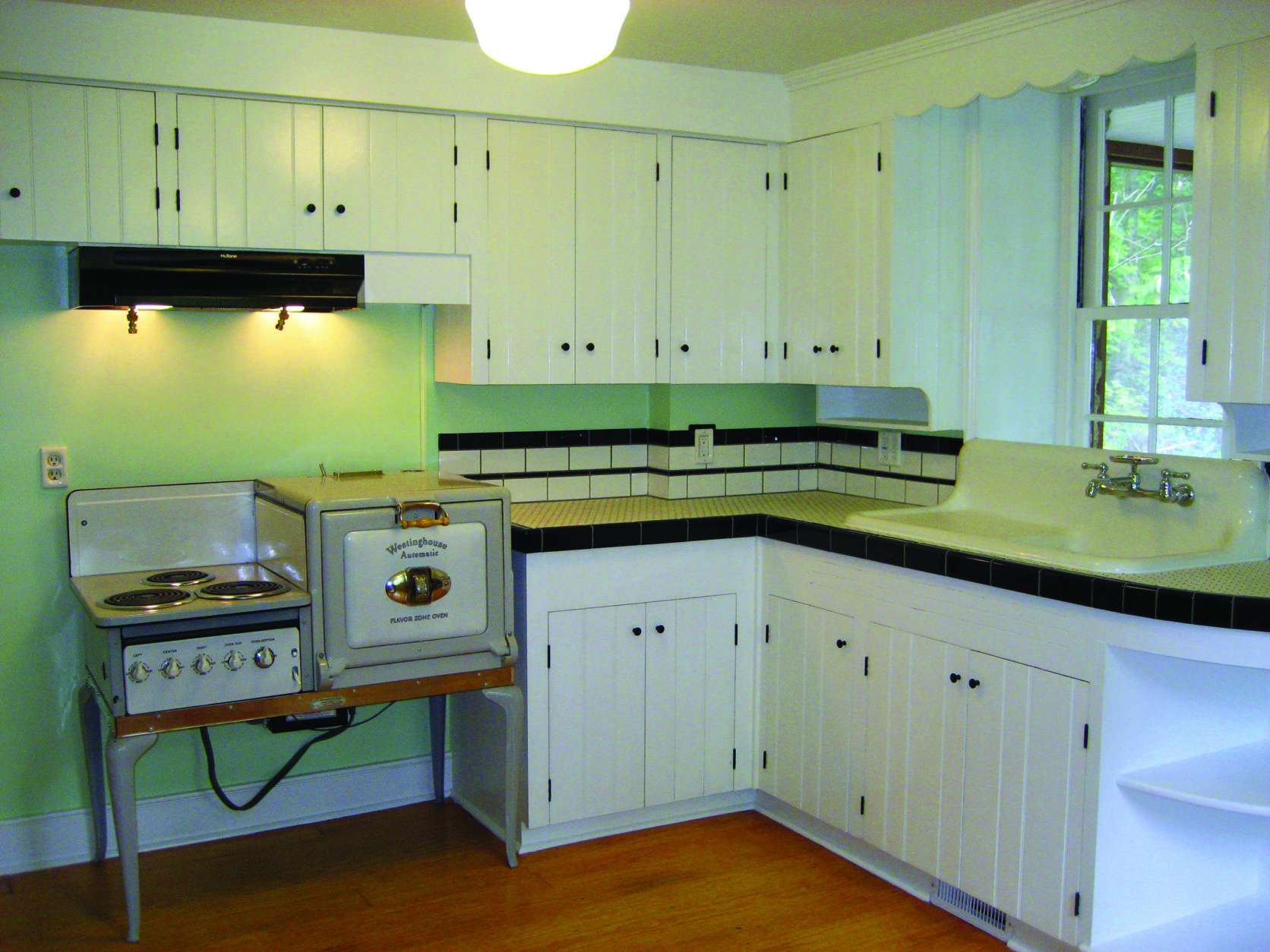
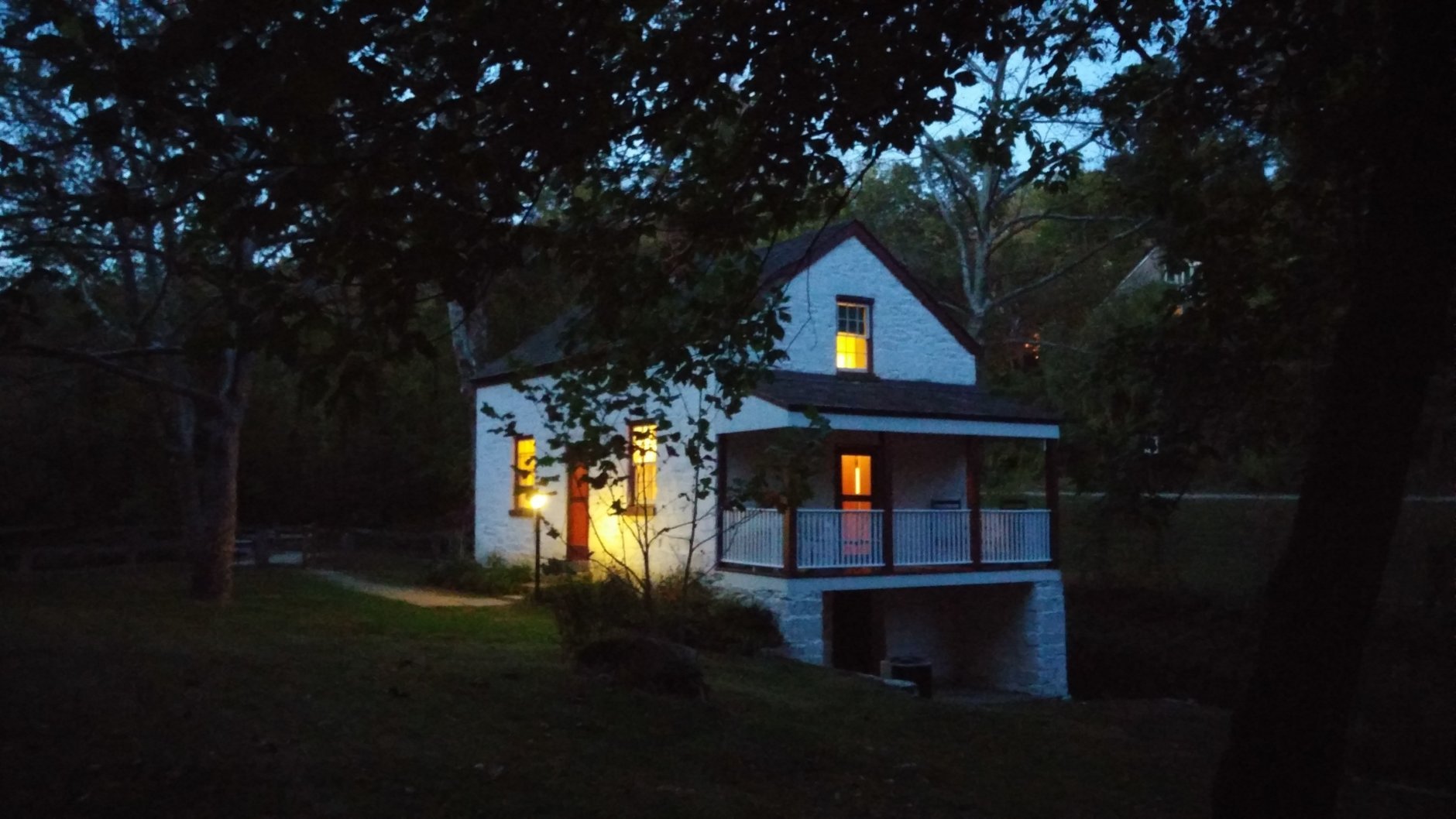
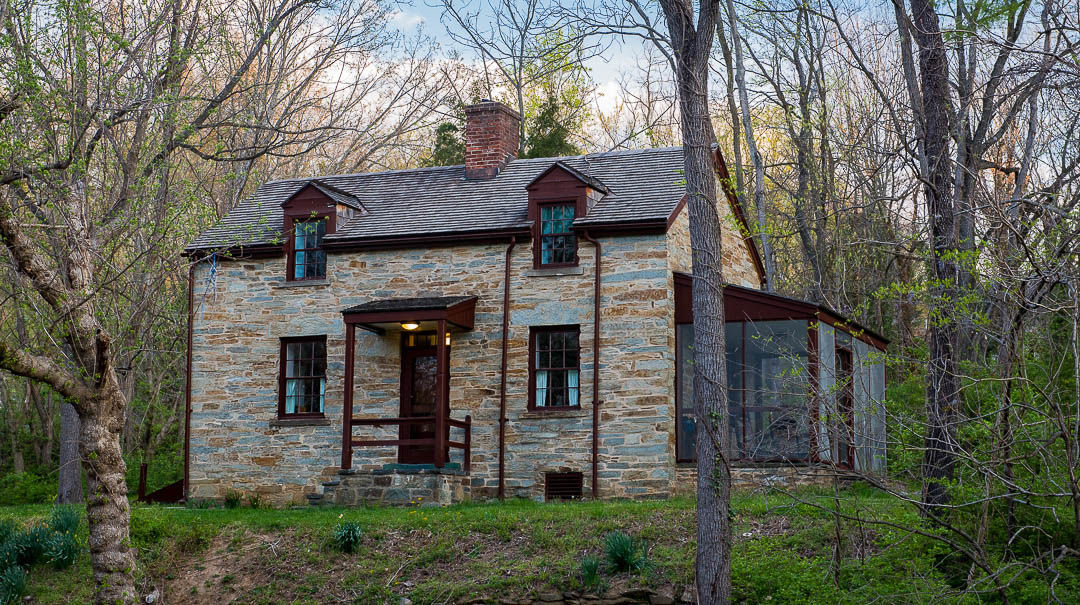
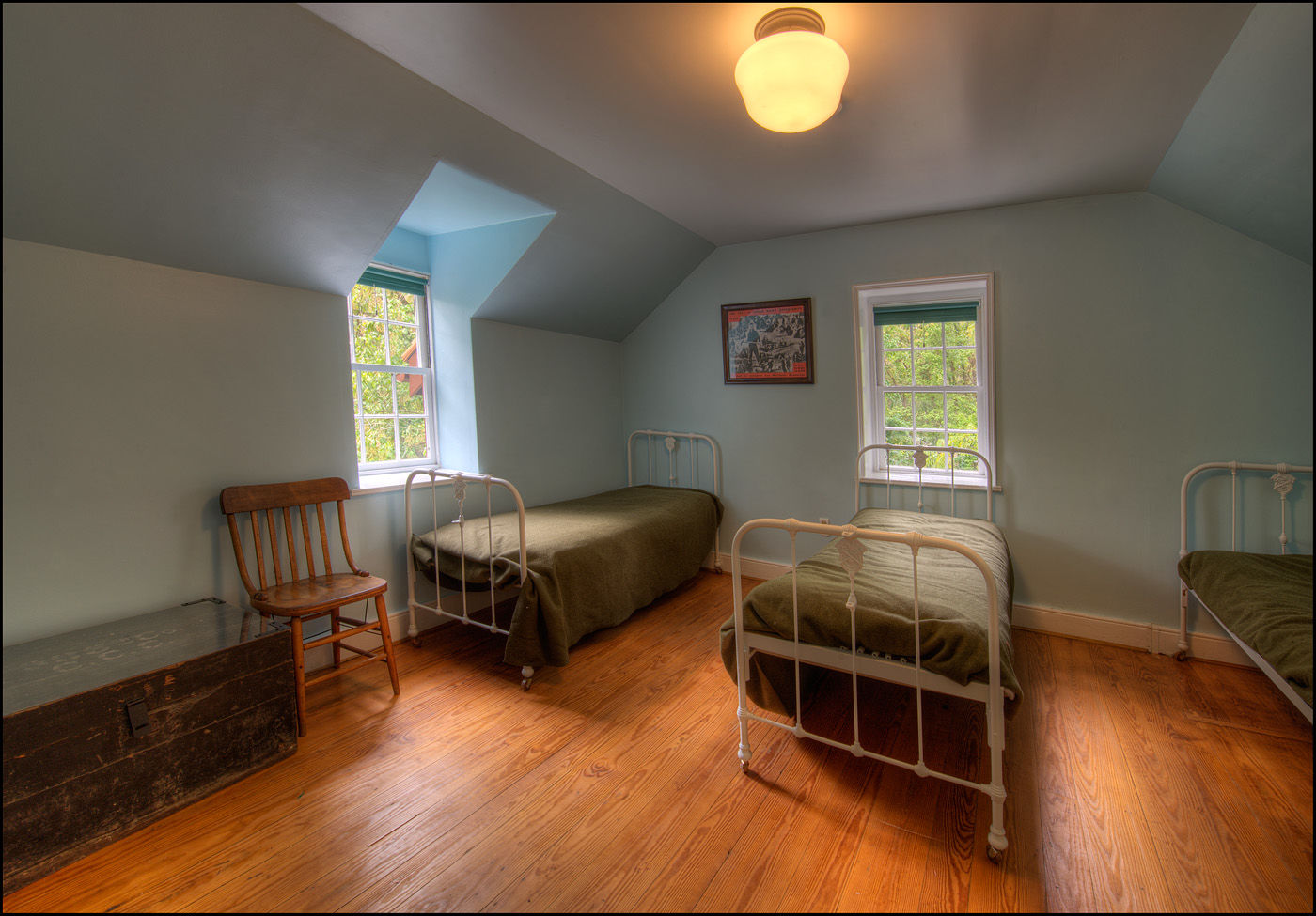
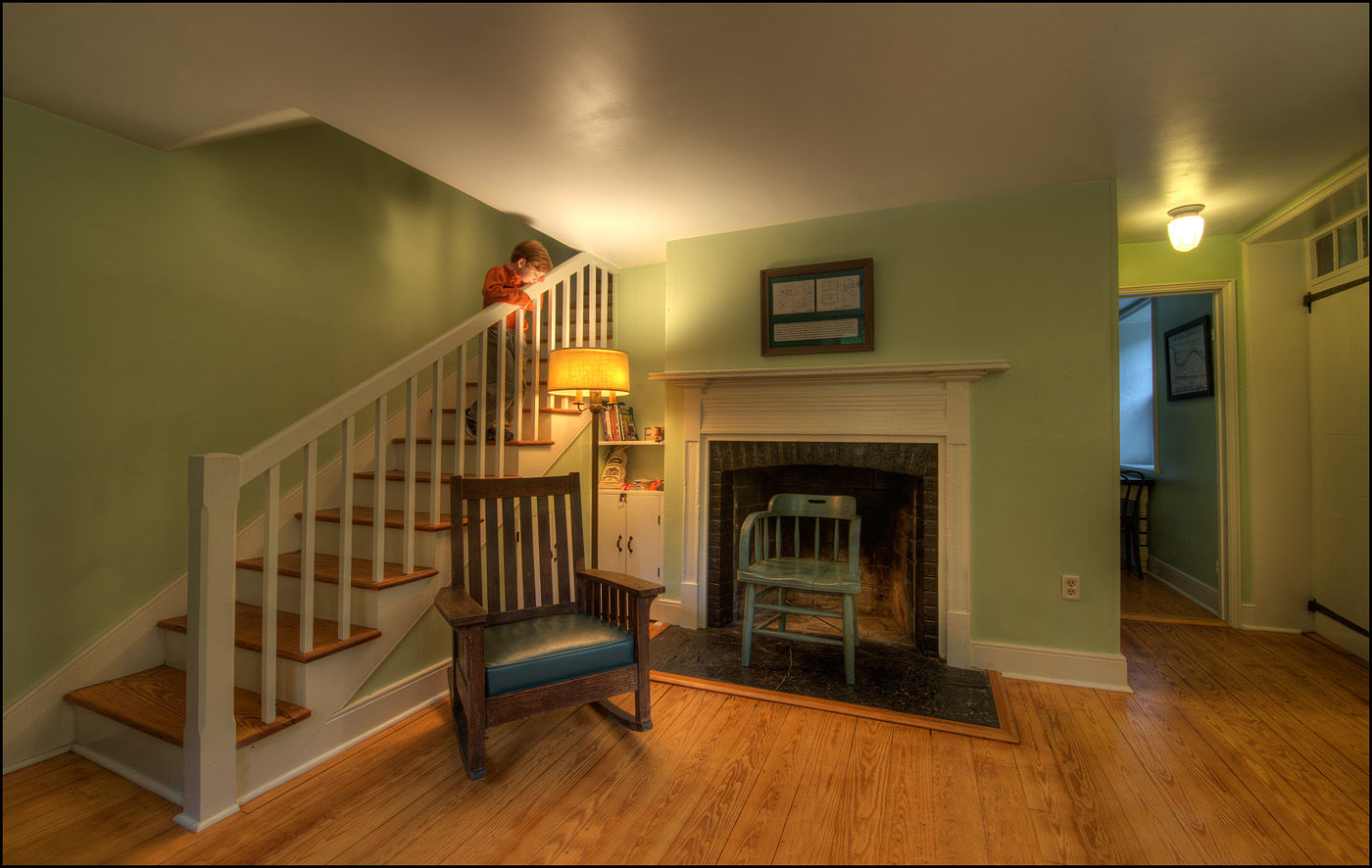
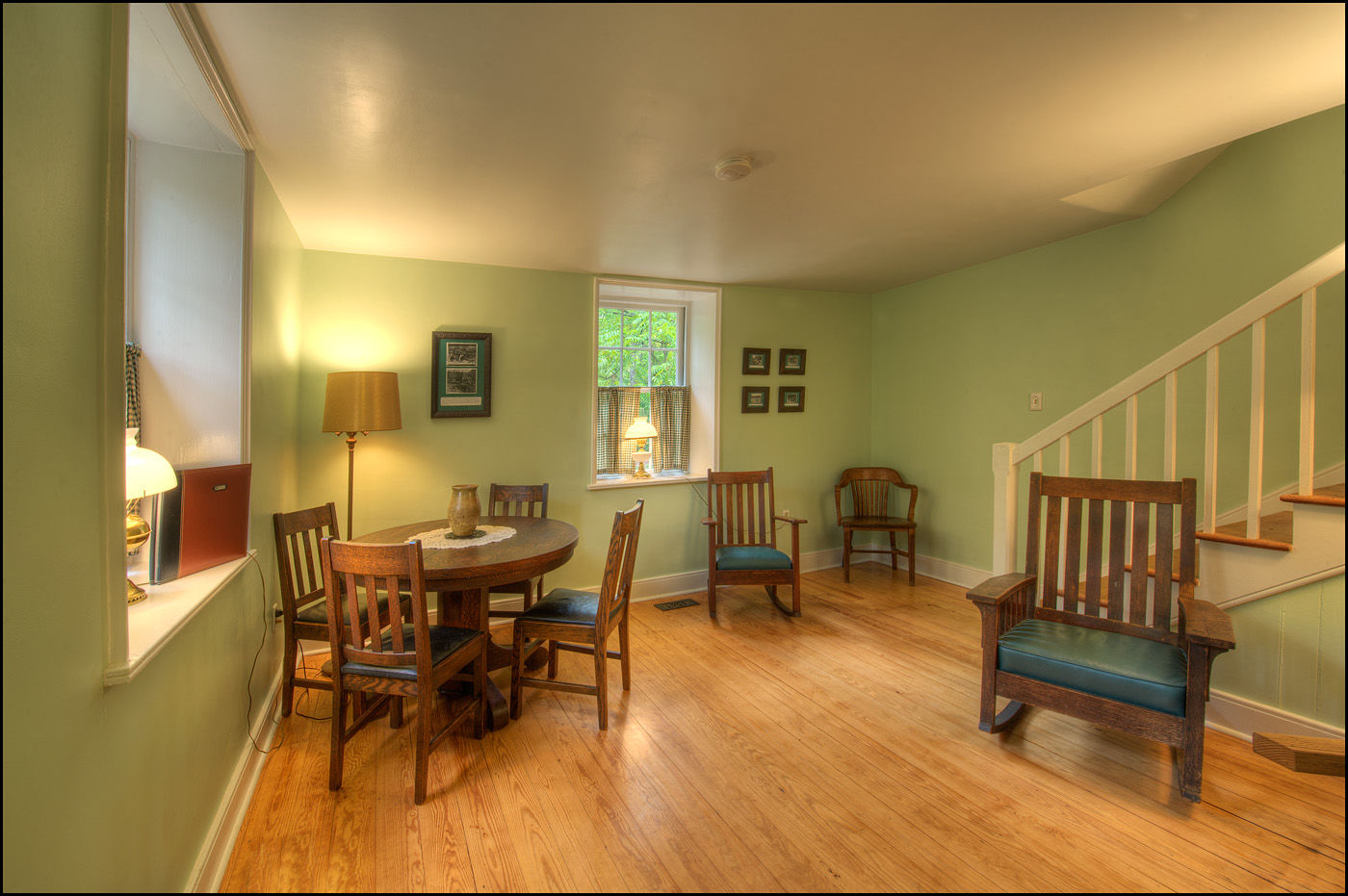
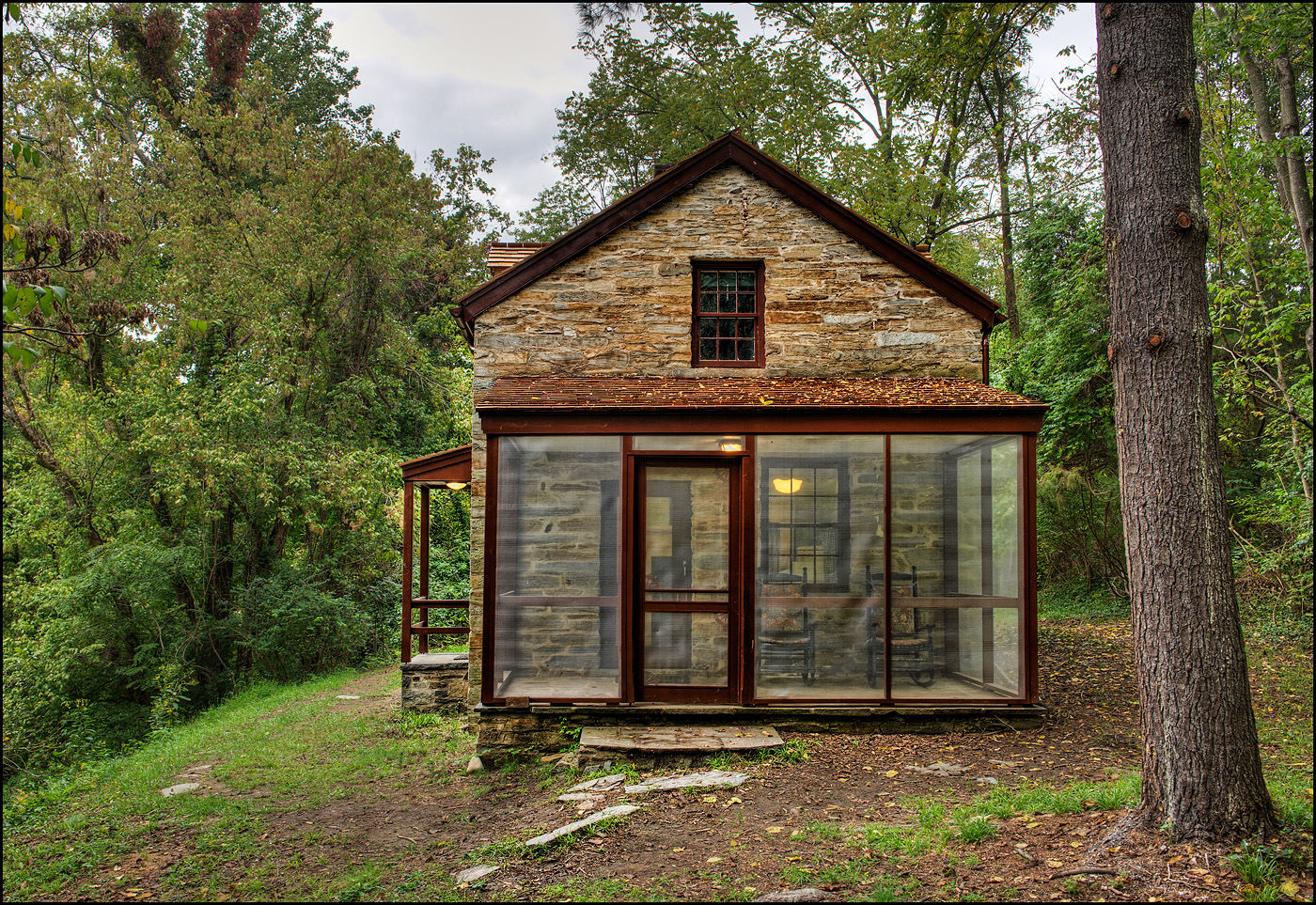
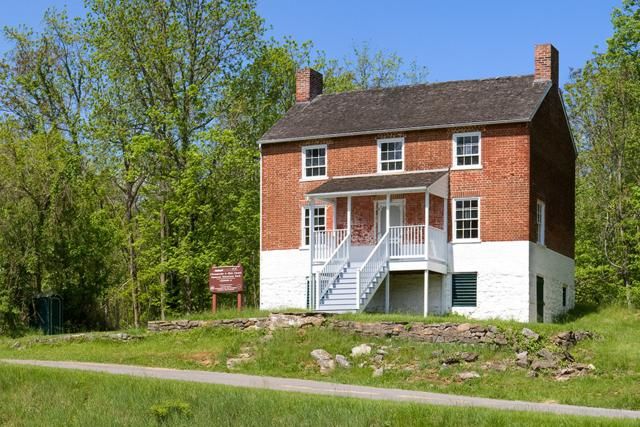
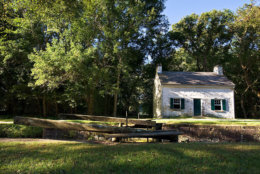
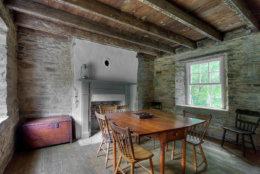
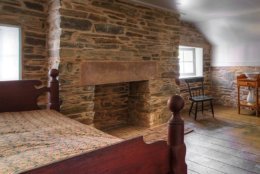
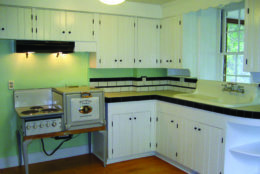
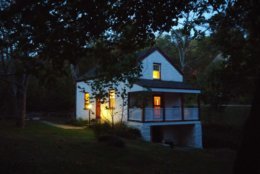
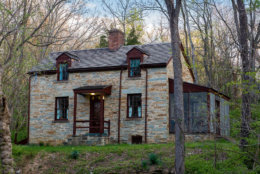
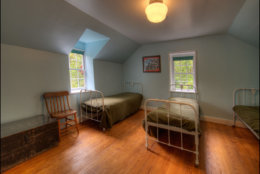
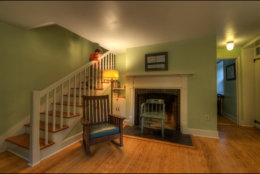
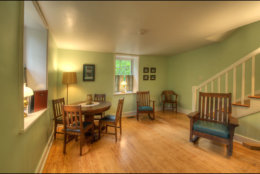
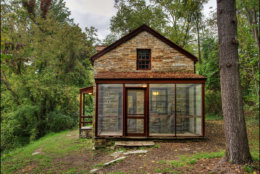
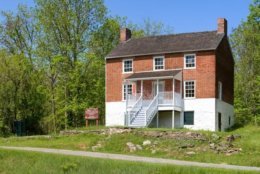
The lockhouses, which date back to the 1830s, once served as homes for the canal’s locktenders during the canal’s roughly 75 years of operation.
“All the family members participated attending the locks to open the gates as canal boats would navigate up and down the 184.5-mile canal, all the way out to Cumberland from Georgetown,” explained Mike Mitchell, chairman of the board of directors for the C&O Canal Trust.
After the canal was destroyed by flooding in 1924, families continued to live in the lockhouses until 1971 when the C&O Canal became a national park. Less than a decade ago, the C&O Canal Trust began restoring the lockhouses as a way to keep them from falling victim to abandonment, and now six are available to book for overnight stays.
“It’s like having access to a bed-and-breakfast, you just have to bring your own breakfast,” Mitchell said.
At Lockhouse 10, just off Clara Barton Parkway in Cabin John, Maryland, Benco and her friends sipped coffee around a circular table in the living room and recounted their experiences from the past two days.
Lockhouse 10 comes equipped with two bedrooms, one bathroom, a kitchen and a side screened-in porch. A picnic table in the yard overlooks the overgrown canal.
“You pull the rocking chairs out on the front porch and sit there in the breeze, and we opened all the windows and let the wind come through,” said Nancy Tarulli, who came down from Boston for the experience.
The day before, the trio spent the night at Lockhouse 49 in Clear Spring, Maryland. There, the amenities were less modern. Water had to be collected from a nearby pump, and the only bathroom in sight was a portable toilet.
“But that’s OK; we don’t mind camping out,” Tarulli added.
True, lockhouse visitors can’t unwind on lush king-size mattress, take a bubble bath in a marble tub, and pop down to the spa for a quick treatment, but when it comes to affordable overnight accommodations in the D.C. area, you can’t beat the price of a lockhouse.
Lockhouse 10, which sleeps up to eight, rents for $160 a night — quite a departure from the typical $200-plus rate for a small hotel room in the city. Lockhouse 49 goes for $125 a night.
Each of the restored lockhouses is decorated to highlight different periods in history. Lockhouse 10, for example, is reflective of the Roosevelt era. Lockhouse 6 in Bethesda, Maryland, echoes the Eisenhower era. (Yes, this means no TV and no internet, but there are period-appropriate games and magazines that date back decades.)
Because of the proximity to the canal’s towpath, Mitchell said the Canal Quarters program attracts a lot of cyclists and hikers who stay at the various lockhouses along the way. (He estimates there are about 20 miles between each house.)
The Swains lockhouse (otherwise known as Lockhouse 21) is currently under renovation and is expected to be open for overnight visitors in the fall.
“By the time this program reaches its culmination, we will be able to have the opportunity to stay in lockhouses the entire 184.5 miles. It’s a bold aspiration, but we’re well on the way to completing that, and once Swains is done we’ll work with the (National) Parks Service on the next location for the next lockhouse,” Mitchell said.
Lockhouse reservations can be made on the C&O Canal Trust website; there is a three-night maximum stay.







